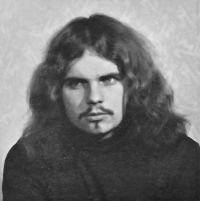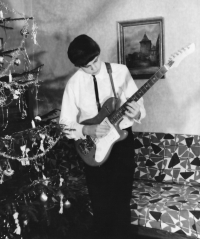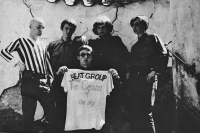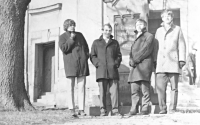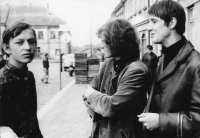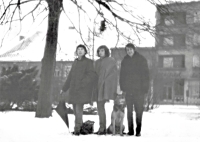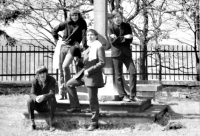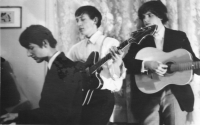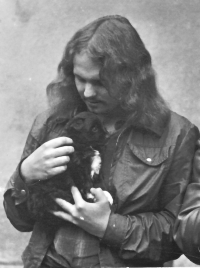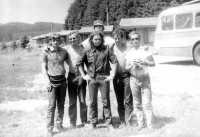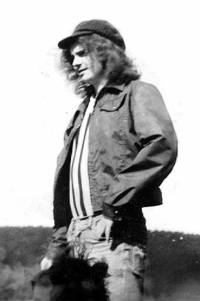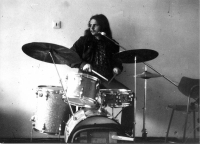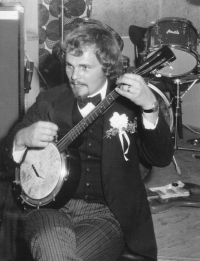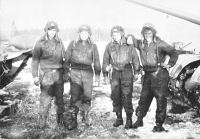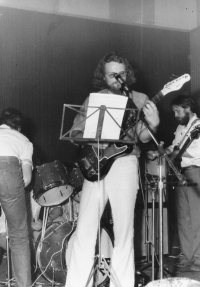I got twelve months in the Bory prison for singing Karel Kryl songs
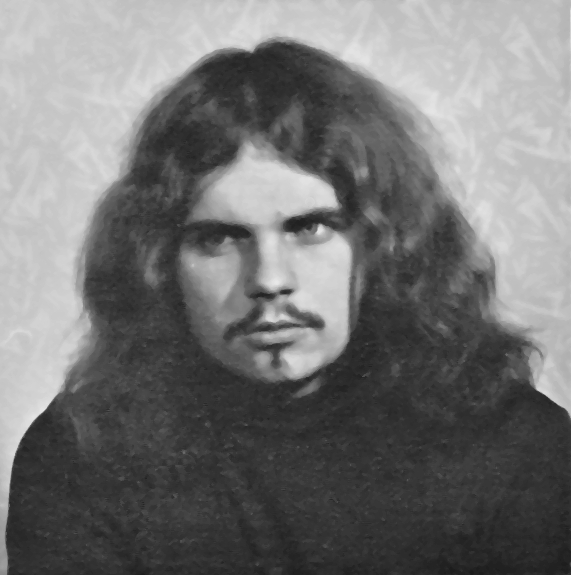
Stáhnout obrázek
Jiří Pavlásek was born on 13 March 1950 in Prague. He grew up in Chotěbor in Vysočina, where he graduated from primary school and grammar school. During his studies he co-founded the rock band The Gemini and played in the band Crossing Over. After graduating from secondary school, he went to the Czech Technical University in Prague, where he experienced a student strike in November 1968 to protest against the Soviet occupation. At a demonstration to mark the first anniversary of the Soviet invasion in August 1969 in Prague, he and his friends were physically attacked by security forces. From 1969 he studied at the Faculty of Education in Hradec Králové, but his studies were interrupted by the intervention of State Security. In 1972, he was detained and punished by the court along with three other students for being critical of the regime and playing Karel Kryl songs. Jiří Pavlásek was sentenced to 12 months in prison, which he spent in Pilsen. He was released in February 1973 thanks to a presidential amnesty. After his return, he started working as a construction worker and later completed his education in the construction industry. He worked his way up to the position of construction manager and after the Velvet Revolution he went into private business. In 1990, he was rehabilitated and became the first post-revolutionary mayor to lead the town of Chotěboř for one term. In 2024 he was living in Chotěboř.
